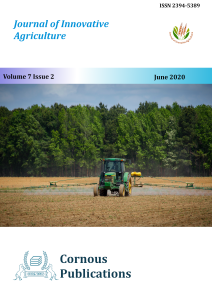Biomass is emerging as one of the promising environmentally friendly renewable energy options if the major conventional energy sources like petroleum oil, coal and gas become depleted. Biomass can be converted into liquid and gaseous fuels through thermochemical and biological methods. Fuels produced from these technologies are referred to as biofuels. It is generally held that biofuels offer many benefits over conventional petroleum fuels, including availability from locally available biomass sources, reduction of greenhouse gas emission, biodegradability, and contributing to sustainability. However, Biofuels contain oxygen levels of 10–45% by mass while petroleum has essentially none. This makes the chemical properties of biofuel more favorable for complete combustion. In addition, biofuels from all sources have very low sulphur content and many have a low nitrogen level which make them more eco-friendly. As a consequence, biodiesel is widely used as an alternative fuel for diesel engines, whereas ethanol is used to replace gasoline.
